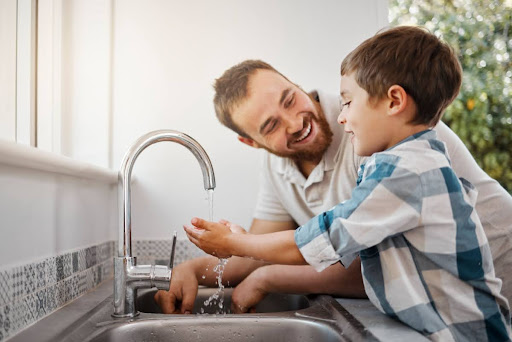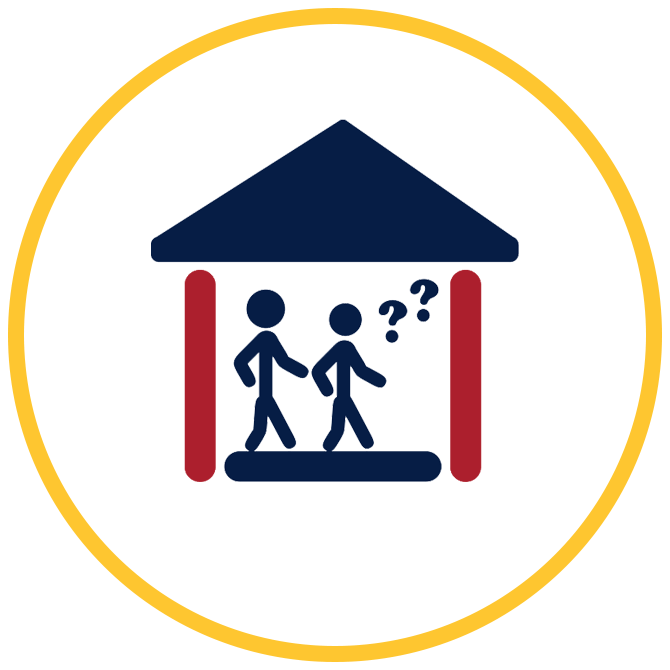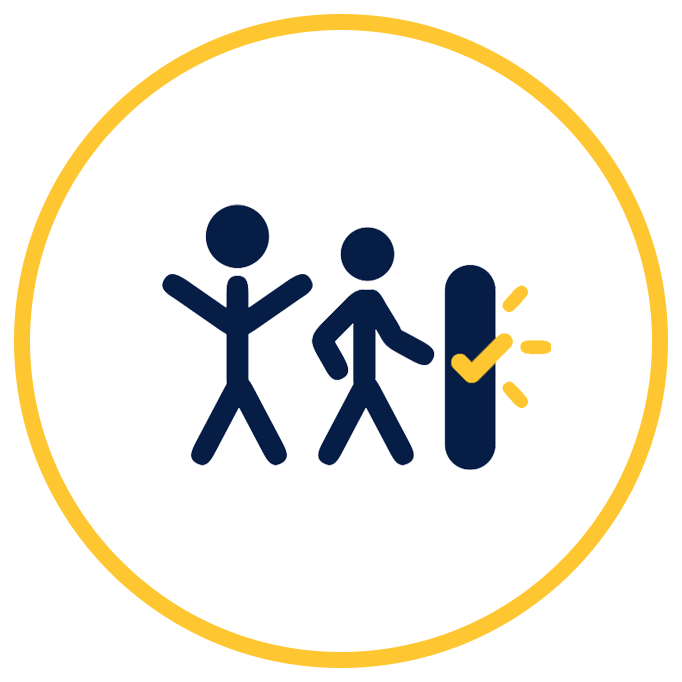Plumbing issues can be a real headache, especially when they come out of nowhere. Some problems are immediately obvious — a leaky faucet or a clogged drain — but others, like low water pressure, can sneak up on you. One minute, you're enjoying a nice shower, and the next, the water pressure drops to a trickle.
So, why do you suddenly have low water pressure in your house? Let’s discuss what might be causing this issue and what you can do about it.
Common Causes of Low Water Pressure
When you notice low water pressure, this can make everyday tasks like washing dishes or taking a shower a frustrating experience. Understanding what causes low water pressure can help you troubleshoot and resolve the problem more efficiently.
Blocked Pipes or Fixtures
One of the most common causes of low water pressure is a blockage in your pipes or fixtures. Over time, mineral deposits, dirt, and debris can build up and block water flow. This is especially common in homes with galvanized steel pipes, which are prone to corrosion and buildup.
Leaks in the Plumbing System
If you have a leak in your plumbing system, this can be what causes low water pressure. If water is escaping from your pipes before it reaches your faucet, you’ll notice a significant drop in water pressure. Look for signs of leaks, such as damp spots on walls or ceilings, mold growth, or an unusually high water bill.
Faulty Pressure Regulator
A pressure regulator controls the pressure of the water entering your home. If it’s not working properly, you may experience sudden low water pressure throughout the house. A faulty pressure regulator can be replaced by a professional plumber.
Issues With the Water Meter Valve
The water meter valve is usually located near the main shut-off valve where the main water line enters your home. If this valve is not fully open, it can restrict water flow and cause low pressure. Make sure the valve is fully open by turning it counterclockwise as far as it will go.
Issues With the Water Heater
If you're experiencing low water pressure only when using hot water, the issue might be with your water heater. Sediment buildup in the tank can block water flow and reduce pressure. In this case, you might need a water heater tank replacement.
Municipal Supply Problems
Sometimes, the problem isn’t with your plumbing system at all. High demand, maintenance work, or other issues with your municipal water supply can cause a sudden drop in water pressure. Check with your water company or utility company to see if there are any known issues in your area.
Diagnosing Low Water Pressure
If you suddenly have low water pressure, there are a few steps you can take to diagnose the problem.
Check Multiple Fixtures
Start by checking the water pressure at different fixtures throughout your house. If the low pressure is isolated to one fixture, the problem is likely with that fixture or the pipes leading to it. If the pressure is low throughout the house, the issue is more likely with your main water supply or a major component of your plumbing system.
Inspect Shutoff Valves
If you suddenly have low water pressure, make sure all the shutoff valves in your home are fully open. This includes the main shutoff valve and any valves leading to individual fixtures. Sometimes, a partially closed valve can cause a significant drop in water pressure.
Test With a Water Pressure Gauge
A water pressure gauge can help you determine if the problem is with your water supply or your plumbing system. Attach the gauge to an outdoor faucet or the main water line and check the reading. Normal water pressure should be between 40 and 60 pounds per square inch (psi). If the pressure is significantly lower, you may have a problem with your water supply or pressure regulator.
Solutions for Low Water Pressure
Once you’ve identified the cause of your low water pressure, you can take steps to fix it.
Cleaning Fixtures and Pipes
If mineral deposits or debris are blocking your fixtures or pipes, try cleaning them. You can soak shower heads and faucet aerators in vinegar to dissolve mineral buildup. For more severe blockages, you may need to call a professional plumber to clean or replace the affected pipes.
Repairing Leaks
If you find a leak in your plumbing system, it’s important to repair it as soon as possible. Small leaks can often be fixed with pipe repair tape or epoxy putty. For larger leaks, you may need to replace the damaged section of pipe.
Replacing Faulty Components
If your pressure regulator or another major component of your plumbing system is faulty, you’ll need to replace it. This is a job best left to a professional plumber, as it can be complicated and requires specialized tools.
Contacting Your Water Company
If you suspect that the problem is with your municipal water supply, contact your water company. They can provide information about any ongoing maintenance or issues that might be affecting your water pressure.
Preventing Future Water Pressure Issues
Now that you have an idea of what causes low water pressure, it’s time to take precautionary measures. Preventative maintenance can help you avoid future issues with low water pressure.
Regular Inspections
Regularly inspect your plumbing system for signs of leaks, corrosion, or other problems. Catching issues early can prevent them from becoming major problems that affect your water pressure.
Water Softening Systems
Installing a water softening system can help reduce mineral buildup in your pipes, which can improve water flow and pressure. This is especially important in areas with hard water.
Upgrading Old Pipes
If you have old galvanized steel pipes, consider upgrading to modern materials like copper or PEX. These materials are less prone to corrosion and buildup, which can help maintain good water pressure.
Low Water Pressure in Harrisburg, PA? Call G.F. Bowman!
“Why do I suddenly have low water pressure?” This is a question that many homeowners ask, as it’s a rather common problem and can happen for many reasons. This issue can be a pain to deal with, but the good news is that it's usually fixable.
By understanding what causes low water pressure and doing a little troubleshooting, you can often get to the bottom of the issue. But if the problem persists or seems to be part of a larger plumbing system problem, it's always best to call in the experts.
At G.F. Bowman, our experienced PA plumbers are always here to help. Whether you're dealing with low water pressure, a leaky faucet, or any other plumbing issue, we have the skills and tools to get your home's plumbing system back in top shape. Give us a call today to schedule your service in Harrisburg, PA, or one of the nearby communities!




 1..
1..
 2..
2..
 3..
3..
 4..
4..
 5..
5..
 6..
6..